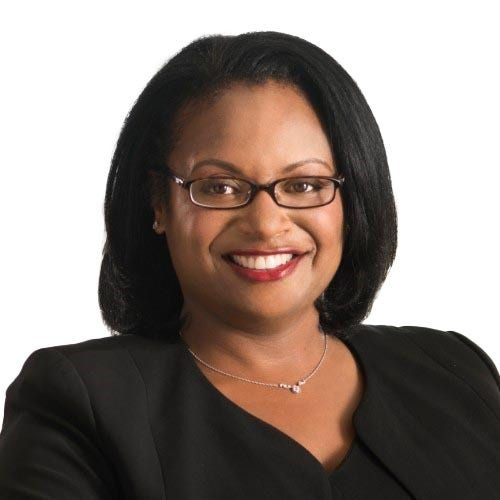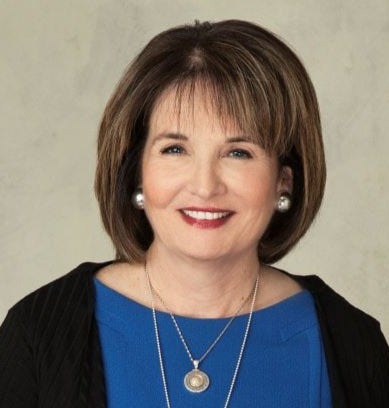Insights from leaders featured in recent episodes of the weekly People + Strategy podcast. Find new and previous episodes at the People + Strategy podcast page.
* * *
CHROs Are the Linchpin’: Learn to Navigate the Conflicting Roles and Responsibilities
"CHROs are the linchpin between the C-suite and the board, so you have to make sure that everybody’s on the same page,” said Betsy Rodriguez, former CHRO at the University of Missouri and Children’s Hospital Colorado. [pictured above]
“As CHROs, we’re used to this conflicting role. We report to the CEO, but we also often are a confidant of the CEO. We have our C-suite colleagues. We have our relationship with the board. If you’re good at how you navigate those relationships, it’s going to serve you really well in unplanned situations because people are going to trust you and they’re going to want you to be their partner in fixing the situation.”
* * *
The Awesome Power Behind This Simple Question: ‘How Are You?’
I think it’s become much more normal in the last several years for people to have open dialogues about our mental health resources that are available,” said Rhonda Morris, vice president and CHRO at Chevron.
“I also believe leaders are doing a lot more with a simple question of: ‘How are you?’ A long time ago, that question was a euphemism for ‘Hi.’ And now, if you ask someone how they are, it’s highly likely they’re going to tell you how they really are. … I think it’s important for leaders not to turn this back, but really to listen and to engage and to support the men and women that work for them.”
 The Explosion of AI Is Making ‘Soft Skills’ More Important, Not Less
The Explosion of AI Is Making ‘Soft Skills’ More Important, Not Less
We’re going to need people that understand robotics, engineering, software, and the technical skills. But we’re also going to need people who have the professional skills, the influence skills, the emotional intelligence,” said Betty Thompson, the former chief people officer at Booz Allen Hamilton.
“All the things that we used to call ‘soft skills’ are really going to be as important, if not more important, as we shift to relying more on technology. I think those things are still going to be critically important for people to really be able to have good decision making.”





